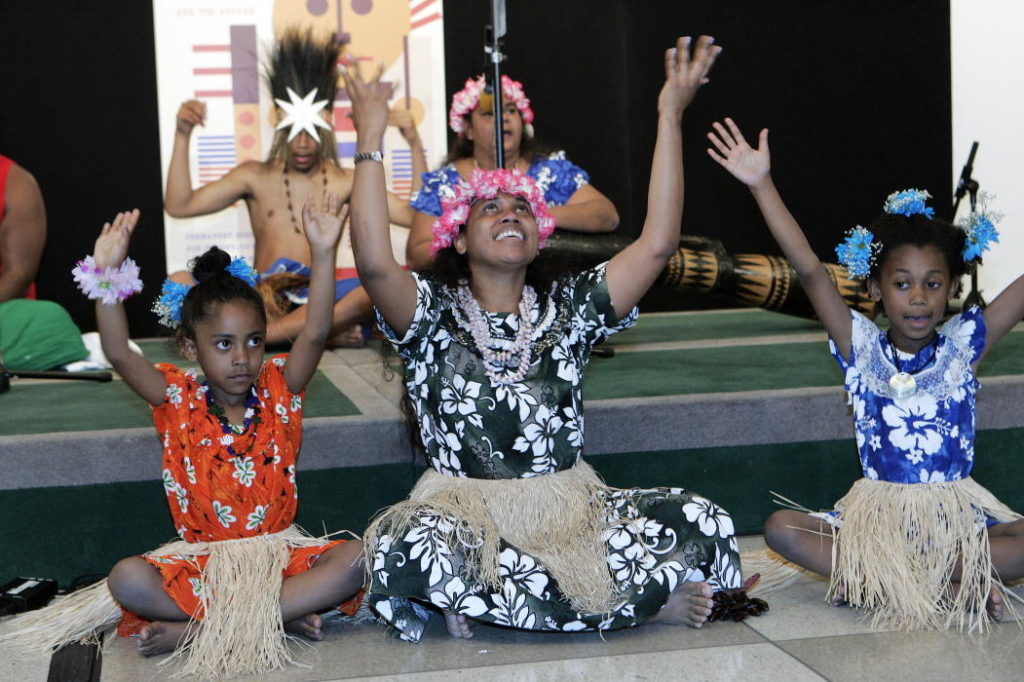Key messages >>>
- A novel precedent set by the indigenous strait islanders who have recently filed a complaint with the United Nations against Australia’s lack of action on climate change will test the robustness of the international framework to respond to issues of human rights violations related to climate change.
- Instances of complaints lodged by individuals and environmental groups against fossil fuel companies and governments, using provisions of national law, also serve as precedents for individuals and activists who want to resort to legal recourse for holding businesses and governments accountable.
- Human rights approach has not received the amount of attention which market based approaches enjoy at UN forums to address climate change adaptation and mitigation.
- Climate change is a problem of the global commons and a rights based approach would entail a global consensus about rights-holders and their entitlements along with corresponding duty-bearers and their obligations. These duty bearers would then be multifarious in nature including governments, those bearing responsibility due to historical emissions, private entities and international organizations.
Climate Change Human Rights Case Against Australia
Indigenous people from Torres Strait Islands, lying off the northeast coast of Australia, have filed a complaint with the UN against Australian government’s inaction on climate change, which as per them violates their fundamental human rights, by stripping their community of culture, traditions, social and emotional well-being. The case sets up a novel precedent as it is the first one to seek the backing of UN against a national government on the climate change issue. The islanders allege that the Australian government has not devised any policy framework at all to meet its emissions reduction targets. Instead, it has prioritized the interests of the fossil fuels industry by approving problematic coal mine projects. As a result, these islanders are asking UN to apply international human rights law on Australian government to pressurize it into reducing emissions to at least 65 percent below 2005 levels by 2030 and also, phase out coal consumption as required. Further, citing the International Covenant on Civil and Political Rights, a multilateral treaty that Australia is a party to, the Torres Islanders assert that Australia has the obligation to protect their freedom of culture and their right to family and life.
Warnings by the scientific community
The situation faced by the Indigenous people of Torris Islands today had been very well anticipated in the reports of Intergovernmental Panel on Climate Change, which mentioned the rise in the global sea levels by an average of up to 3.2 feet by 2100, thus forcing people to flee from low-lying atolls in the Pacific Ocean, the Indian Ocean and the Torres Strait. This deliberate lack of accountability gives rise to the question of climate justice and the nature of existing international framework to address such culpability.
Torres Strait Islanders

Source: UN Photo
Evolution of human rights approach in the climate change regime
Environmental approach had dominated the climate change discourse in UN in the initial years. However, the adoption of the Male Declaration on the Human Dimension of Global Climate Change in 2007, endorsed by the Small Island States, introduced the human rights aspect to the problem. This is also for the fact that the low lying Small Island States are the first and the most vulnerable victims of climate change, dealing with its repercussions in real time, unlike other countries that still have time to cope-up with the impending climate crisis. As the discourse on the relationship between climate change and human rights has evolved, UN Human Rights Council and UN Framework Convention on Climate Change (UNFCCC) have emerged as the major mechanisms dealing with the issue.
Evolution of climate change in the human rights regime
Human Rights Council (HRC), through its special procedure mechanisms has introduced resolutions, reports and activities on human rights approach to climate change. It recognized that “climate change-related impacts have a range of implications, both direct and indirect, for the effective enjoyment of human rights…human rights obligations and commitments have the potential to inform and strengthen international and national policymaking in the area of climate change”. And as seen above in case of Australia and many other countries, it is usually the most vulnerable communities that pay the price of environmental degradation. In this respect, UN legal framework including the Universal Declaration on Human Rights, the Vienna Declaration and Programme of Action, the Declaration on the Right to Development, the 2030 Agenda for Sustainable Development and the UN Common Understanding of a Human Rights-Based Approach to Development Cooperation mandates that development must be based on human rights principles of universality and inalienability, indivisibility, interdependence and interrelatedness, non-discrimination and equality, participation and inclusion, accountability, and the rule of law.
Key messages on human rights and climate change
The Office of the High Commissioner for Human Rights, on the other hand, came out with Key Messages on Human Rights and Climate Change which advocates following ten considerations on climate action:
- To mitigate climate change and to prevent its negative human rights impacts
- To ensure that all persons have the necessary capacity to adapt to climate change
- To ensure accountability and effective remedy for human rights harms caused by climate change
- To mobilize maximum available resources for sustainable, human rights-based development
- International cooperation
- To ensure equity in climate action
- To guarantee that everyone enjoys the benefits of science and its applications
- To protect human rights from business harms
- To guarantee equality and non-discrimination
- To ensure meaningful and informed participation
Recognition of human rights in UNFCCC processes
As far as UNFCCC is concerned, the first direct reference to human rights was made in the decision 1/CP.16 taken in 2010 which referred to the HRC resolution 10/4, recognizing the adverse effects of climate change on the effective enjoyment of human rights; which is why it called upon all States to ensure respect for human rights in their climate actions. Later, the Paris Agreement, adopted in 2016, in its preamble reiterated the above principles calling upon all States to “respect, promote and consider their respective obligations on human rights” in their measures to address climate change. Although, all of this points towards the positive developments in expanding climate change discourse, the human rights approach still faces challenge from the market based solutions that are regularly advocated by the industrialized economies at various UN forums to address adaptation and mitigation. So, it still remains to be seen how human rights approach to climate change translates into ground level activity.
The road ahead
The debate on the relationship between Human Rights and Climate Change is relatively new, but the argument is picking up globally, evident in the emerging social movements in which litigants demand from governments to fulfill their fundamental duty to provide a livable environment. Parallel developments include awarding constitutional rights to nature by Ecuador and Bolivia. Other than that, there have been instances of complaints lodged by individuals and environmental groups against fossil fuel companies and governments. Climate change is a problem of the global commons and a rights based approach would entail a common understanding in the global community about the rights-holders and their entitlements along with corresponding duty-bearers and their obligations. These duty bearers would then be multifarious in nature including governments, those bearing responsibility due to historical emissions, private entities and the international community. However, given the limitations of international law in this respect, mostly being soft law, it will eventually fall upon the political will of the sovereign states that human rights in light of climate change could be effectively enforced. Greenhouse gas emissions targets are still being flouted with impunity and this would remain a source of worry.



